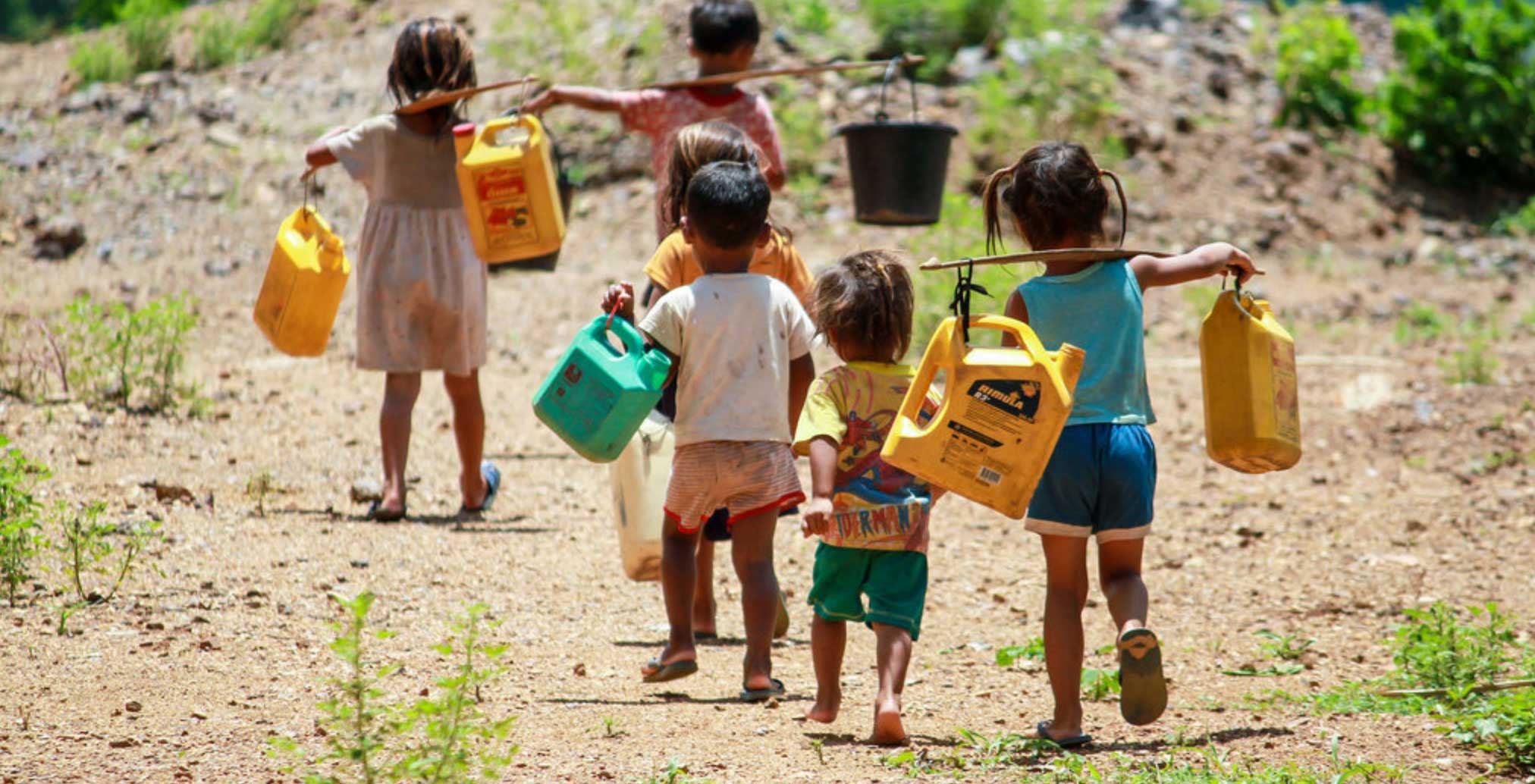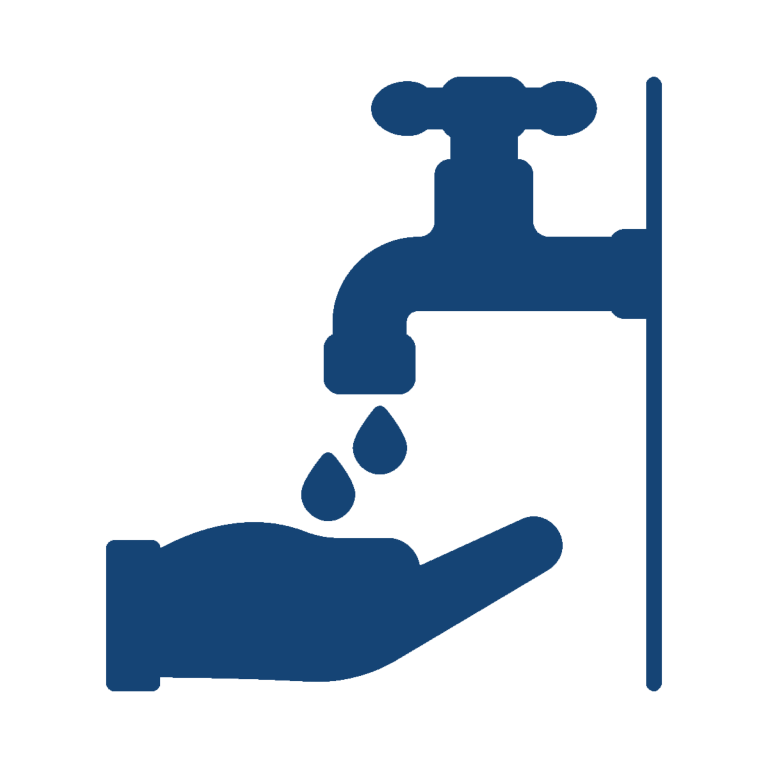Human needs for water access, sanitation, and hygiene—often called WASH for short—are simply not being met. Around the globe, approximately 2.2 billion people lack safe drinking water, while 3.5 billion people lack safely managed sanitation. Even in the United States, more than 2 million people do not have running water or basic plumbing, and water is unsafe or unaffordable for tens of millions more. Climate change is exacerbating inequities in access to clean, reliable, and affordable water, as well as sanitation and hygiene. Frontline communities typically don’t have a seat at the table when it comes to decisions around water and climate, yet they are often the first and worst impacted.
The Pacific Institute has more than 30 years’ experience integrating social equity into our work. Both in the United States and around the world, we help equip frontline communities and those who support them with the research, tools, and resources they need to improve access to safe water and sanitation. We also support these communities to ensure their water practices and policies are resilient to climate change. Additionally, the Pacific Institute supports utilities, consultants, and corporations to integrate equity into their practices, policies, and programs.
Contribute to a Water Resilient Future
When you support Pacific Institute, you’re not only contributing to science-based research, you’re helping advance solutions to the world’s water challenges.
Connect With Us
Subscribe to our newsletter for the latest news, publications, resources, and more.
By submitting this form, you are consenting to receive marketing emails from: . You can revoke your consent to receive emails at any time by using the SafeUnsubscribe® link, found at the bottom of every email. Emails are serviced by Constant Contact




Comments on the California Public Utilities Commission Amended Scope for a Low Income Water Rates Assistance Program